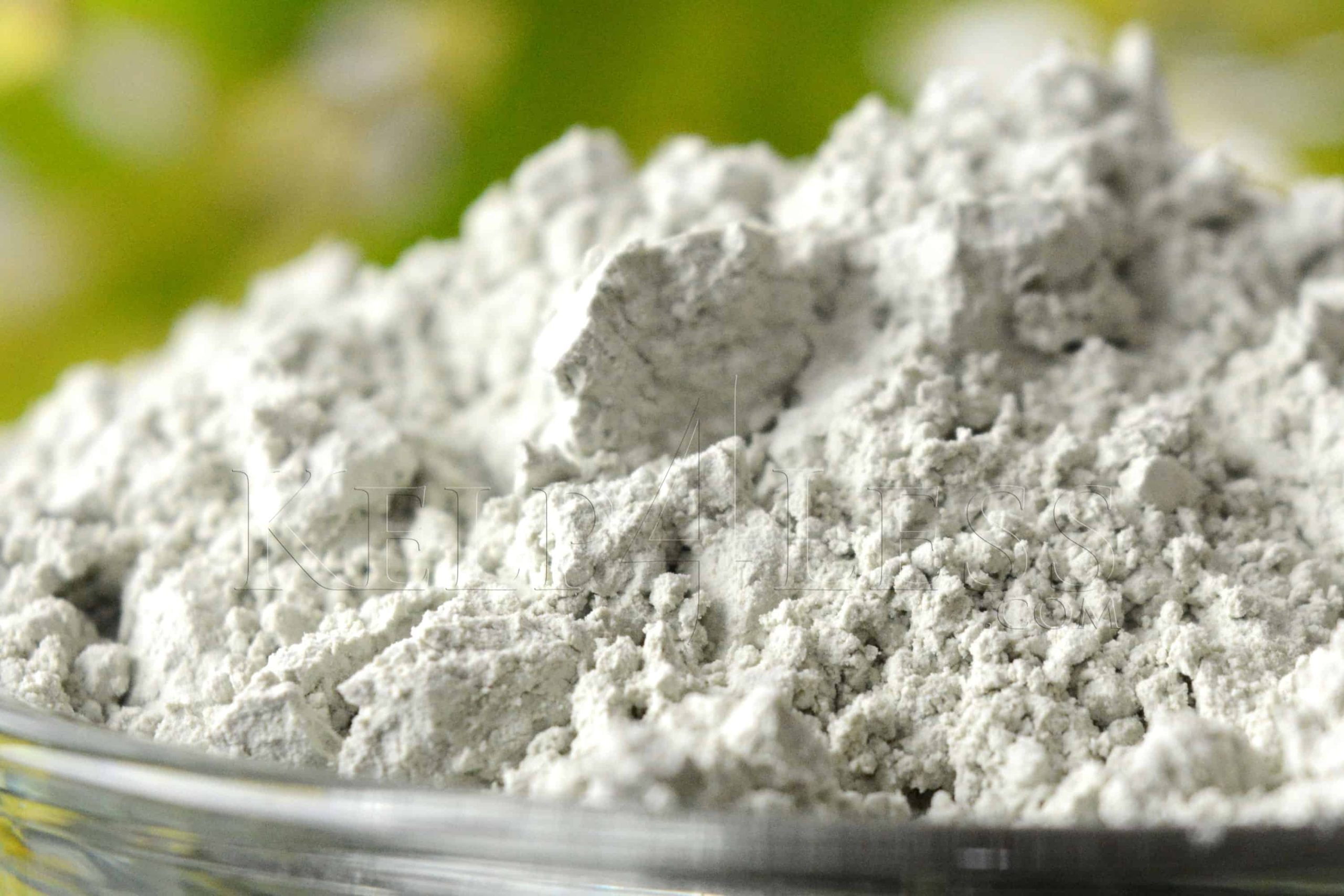
1. Metal silicon powder
Industrial silicon powder, also known as metal silicon powder, is silver-gray or black powder with metallic luster. It has high melting point, good heat resistance, high oxidation resistance, high resistivity, and high anti-oxidation effect. It is called “industrial monosodium glutamate” and is an indispensable basic raw material for many high-tech industries.
【Use】:
1. Metal silicon powder is widely used in refractory materials and powder metallurgy industries to improve the high temperature resistance, wear resistance and oxidation resistance of products. Its products are widely used in steelmaking furnaces, kilns and kiln furniture.
2. In organosilicon chemical industry, metal silicon powder is the basic raw material for the synthesis of organosilicon polymers. Such as used in the production of silicon monomer, silicone oil, silicone rubber preservatives to improve the product’s high temperature resistance, electrical insulation, corrosion resistance, waterproof and other characteristics.
3. Metal silicon powder is drawn into monocrystalline silicon, and the processed silicon wafer is widely used in high-tech fields, and is an indispensable raw material for integrated circuits and electronic components.
4. In the metallurgical casting industry, metal silicon powder is used as a non-ferrous alloy additive and a silicon steel alloy agent to improve the hardenability of steel. Industrial silicon can also be used as a reducing agent for certain metals, for new ceramic alloys, etc.
After washing, selecting, grinding and processing into 200-mesh, 320-mesh fine powder, it can be divided into 92%, 95%, 97%, 98% and other quality standards according to the content, and the price is low. In the process of refractory materials, different specifications can be selected according to the requirements of refractory products, thereby greatly reducing the cost of refractory products.
2. Silica powder
【performance】:
Silica fume, also known as silica fume, is the dust recovered from the production of metallic silicon or ferroalloy. Because the silicon dioxide contained in silica powder is very high and the particles are small, it is widely used not only in rubber and coating industries, but also in concrete and other industries! Silica fume is pozzolanic active.
【use】:
1. Control the segregation and bleeding of concrete materials, reduce or avoid defects such as honeycomb, pitted surface, weak interlayer, cracks and milk skin in concrete.
2. Improve the compressive strength of concrete. Experiments have shown that silica fume can greatly improve the strength of concrete.
3. Improve the durability of concrete, improve the impermeability, frost resistance, wear resistance and corrosion resistance of concrete.
4. Improve the carbonation resistance of concrete. For reinforced concrete, the unfair incorporation of silica fume can improve the bonding strength between the matrix and the steel bar, and can also enhance the corrosion resistance of the steel bar.
5. Improve the fluidity and density of refractory materials, and improve the high temperature strength and thermal shock resistance of refractory materials.
Silicon fume and metal silicon fume are two completely different products. In the process of practical application, these two products are often confused because they are inextricably linked.
Silica fume usually refers to silica fume, also known as silica fume or silica fume, which is the flue gas recovered during the production of metallic silicon or ferroalloy. Because of its high silica content, fine particles and high activity, it is widely used in concrete refractories, rubber coatings and other industries. It is very important that there is a big difference in price between silicon powder and metal silicon powder, and the price of metal silicon powder is several times that of silicon powder.
